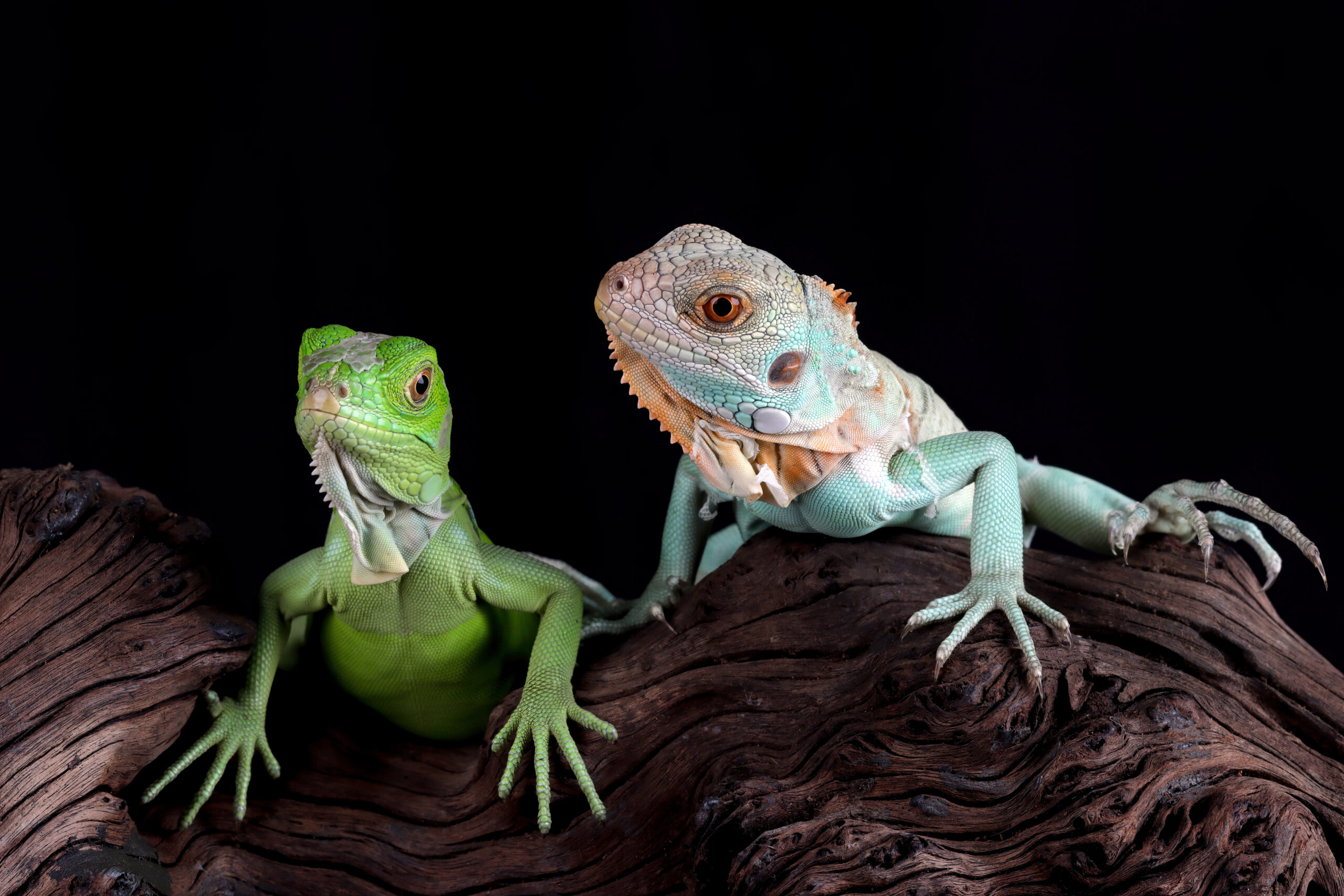
CBD for Exotic Pets: A Gentle Guide for Parrots, Ferrets & Beyond
Caring for a macaw that plucks feathers when storms roll in, or a rabbit whose joints stiffen with age, can feel tricky when most resources focus on cats and dogs. CBD for exotic pets offers a promising, plant-based way to ease stress behaviors, soothe irritated skin, and support comfortable movement—but only when approached with clear facts and a commitment to safety. In this guide we’ll explore how cannabinoids interact with the unique biology of birds, small mammals, and reptiles, what to look for in a product, and how Happy Pet Medicinals keeps quality at the forefront so every creature in your care is treated with love and respect.
How the Exotic Endocannabinoid System Works
All vertebrates—whether finned, feathered, or furred—have an endocannabinoid system (ECS) that helps regulate mood, discomfort perception, and immune balance. In parrots, cannabinoid receptors appear densely along the nervous system, which may explain why low-dose CBD sometimes helps restless birds settle during transport. Ferrets show a similar receptor distribution to cats, suggesting comparable sensitivity to cannabinoids, while reptiles possess slightly fewer receptors yet still respond to ECS modulation. Because research is emerging, dosage must remain conservative and always guided by an exotic-experienced veterinarian.
Is CBD Safe for Exotic Pets?
Safety hinges on three pillars: purity, plant-only ingredients, and controlled concentration. Happy Pet formulas are third-party tested for potency, heavy metals, and pesticides, ensuring every batch meets the same gold standard we set for dogs and cats. We use fractionated coconut oil, shea butter, and other pet-safe carriers—no essential oils or added flavors that might irritate a parrot’s delicate crop or a hedgehog’s sensitive skin. For pocket pets under one pound, micro-measured droppers allow a starting point as low as 0.1 mg of CBD per kilogram of body weight, with gradual increases only after monitoring behavior and appetite.
CBD for Exotic Pets: Key Safety Considerations
- Consult an exotics veterinarian first. Unlike traditional pets, many exotics metabolize compounds more rapidly (birds) or more slowly (reptiles), so dosage intervals differ.
- Start low, move slow. A crested gecko may need one tenth the amount a guinea pig does. Record observations daily in a care journal.
- Choose THC-free formulas. Even trace THC can overstimulate birds and small mammals. Happy Pet’s CBD isolate and broad-spectrum oils contain non-detectable THC levels.
- Opt for clean topicals. For scale rot or dry skin spots, unscented CBD balm with natural butters may moisturize without introducing fragrance compounds that reptiles cannot process.
Real-Life Use Cases (Always Vet-Supervised)
- Feather-plucking cockatoo: After seven days on 0.25 mg CBD twice daily, the bird showed longer preening sessions and reduced vocalization during caregiver absences.
- Senior rabbit with stiff hips: A twice-daily microdose helped the rabbit resume gentle hops and accept handling for nail trims.
- Bearded dragon with seasonal appetite dips: CBD-infused shea balm massaged onto forelimbs appeared to stimulate feeding within an hour, though controlled studies are still needed.
These anecdotes reflect caregiver reports and vet oversight, not medical claims, yet they illustrate how thoughtfully dosed CBD may complement an exotic pet wellness plan.
Choosing a Trusted Product
When labels read “safe for all animals” without lab data, step back. A trustworthy brand discloses:
- Full panel lab results for every batch
- Clear cannabinoid concentration (mg per milliliter or per treat)
- Plant-based, pet-safe carriers
- Made in the USA with transparent sourcing
Happy Pet Medicinals meets each criterion and pledges ongoing research partnerships with exotic veterinarians so formulations remain both gentle and effective.
How to Introduce CBD to Your Exotic Pet
- Baseline observation: Note current behaviors, feeding, and enclosure conditions for three days.
- Calculate a starting dose: Use your vet’s guideline—often 0.1–0.25 mg/kg for birds and small mammals, less for reptiles.
- Administer consistently: Same time daily helps caregivers spot trends. For birds, offer on a favorite seed or tiny fruit piece; for reptiles, a drop on feeder insects works well.
- Monitor and adjust: Look for subtle shifts—calmer perching, smoother shedding cycles, steadier appetite—before considering dose changes.
When to Pause or Seek Help
If a ferret becomes unusually lethargic, a parrot regurgitates repeatedly, or any exotic shows changes in stool, stop CBD and consult your vet. Interactions with other medications also warrant professional guidance.
Because federal regulations limit definitive therapeutic claims, we emphasize observational wellness rather than cures. Your attentiveness, veterinary partnership, and use of rigorously tested products form the most compassionate path forward.
Ready to Explore Plant-Based Support? Visit our Happy Pet Medicinals product page



